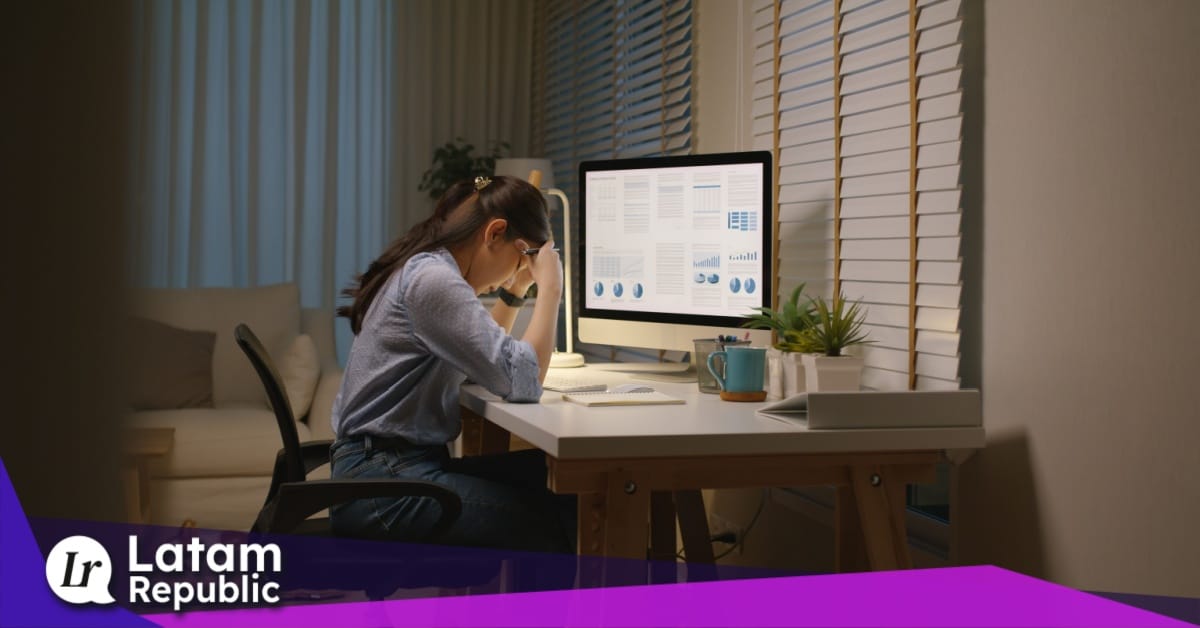What is Burnout, and Why Does it Impact Female Entrepreneurs More?

Workplace exhaustion is a complex phenomenon that affects many individuals in the professional sphere. It is characterized by physical and emotional weariness, as well as feelings of inadequacy and helplessness. While not considered a medical diagnosis itself, some experts suggest it may be related to disorders such as depression, increasing the risk of the latter. However, it is important to note that burnout and depression are distinct entities that require different therapeutic approaches.
What is Burnout and Its Impact on Female Entrepreneurs?
Burnout, or mental exhaustion, is a direct consequence of work overload. Herbert Freudenberger coined this term in 1974, describing it as a feeling of failure and exhaustion resulting from excessive demands on energy and mental resources. Recent studies have shown that female entrepreneurs are at a higher risk of burnout compared to men, which is attributed to various causes.
According to the Founder Burnout Index, conducted by Yerbo with the support of Business Insider Mexico, 40% of female entrepreneurs experience burnout, compared to 27% of men. This is partly due to the social pressure women face to fulfill household care roles, in addition to work demands. The study revealed that women report greater time pressure and role overload compared to men.
Factors Contributing to Burnout in Female Entrepreneurs
The study identified several factors contributing to burnout in female entrepreneurs. These include:
- Exhaustion: 18% of women and 9% of men report feeling exhausted.
- Perceived Inefficiency: 17% of women and 10% of men experience this sensation.
- Cynicism: 34% of women and 24% of men show signs of cynicism.
- Depersonalization: This phenomenon is observed in 17% of women and 34% of men.
The World Health Organization defines burnout as a result of chronic workplace stress. This phenomenon, which affects approximately one in three entrepreneurs, can have significant consequences for individuals' mental and physical health.
Stressors in the Entrepreneurial Environment
The study also examined specific stressors faced by entrepreneurs in their work environment. These include:
- Time Pressure: 41% of founders reported feeling time pressured.
- Role Overload: 35% mentioned feeling overwhelmed by multiple roles.
- Financial Problems: 30% cited financial concerns as a stressor.
Role overload can lead to emotional and cognitive strain, negatively impacting health and performance. Additionally, tight deadlines and interpersonal conflicts can increase the risk of burnout among entrepreneurs.
Workplace exhaustion and burnout are complex phenomena that affect many individuals in the workplace, especially female entrepreneurs. Identifying risk factors and addressing them proactively is essential to prevent their negative impact on individuals' health and well-being. Furthermore, promoting a work environment that encourages work-life balance and mutual support among colleagues is crucial.
